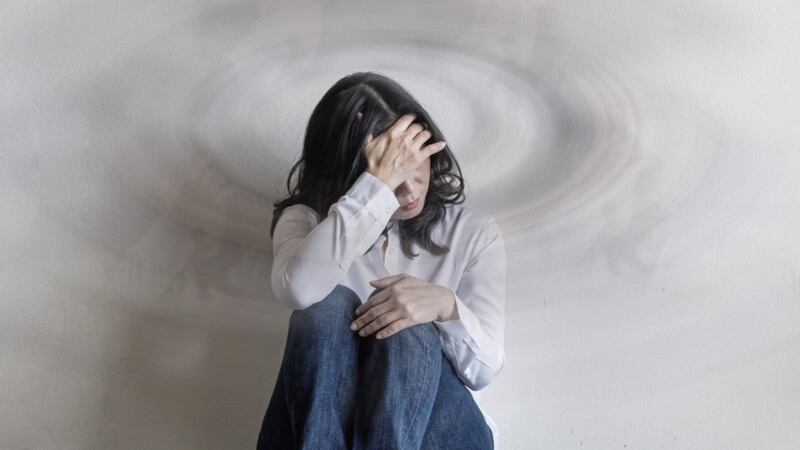IN the Victorian era, you would be forgiven for believing that fainting was a pastime of the 'delicate ladies' of that time - excessive squeezing of their organs by lace corsets and not being able to get a proper breath probably outweighed the desire to swoon at the feet of a gallant young gent...
Today fainting, medically known as vasovagal syncope, tops the medical emergencies that dentists must manage on a day-to-day basis.
Mostly it's the patients who pass out, but dental students and nurses don't escape the woozy feeling. One study showed that 12 per cent of medical and dental students have hit the decks during training. One time in my practice two students fainted on the same day. So, it's a relatively run of the mill thing that dentists deal with.
Fainting has deep roots in our evolutionary history. Frogs, bats and ants are just some of the animals that have developed the trick of playing dead to avoid becoming a predator's lunch.
There is a theory that this phenomenon has been passed on to man in the form of fainting - part of a survival tactic in prehistoric times when a violent threat was inescapable.
When you faint your heart rate slows, and your blood pressure drops. So as a hunter-gather if you suffered a non-fatal wound the act of fainting would give your body more time to clot the gash and survive while at the same time looking dead so hopefully the aggressor would move on.
It's from these humble survival beginnings that it's thought that the concept of fainting from the sight of blood has persisted in modern society and thus ended up on the dental chair.
Sometimes it's a needle phobia, sometimes it's extreme anxiety due to the thought of dental treatment while other times it's the sight of blood that precedes a faint at the dentist. Whatever the cause, try not to worry as the dental team is trained to manage this situation.
If you are concerned about fainting during your appointment, try practising deep breathing running up to the appointment and then when you are in the chair switch to clenching your fists and moving your legs to maintain your blood pressure and reduce the chances of fainting.








